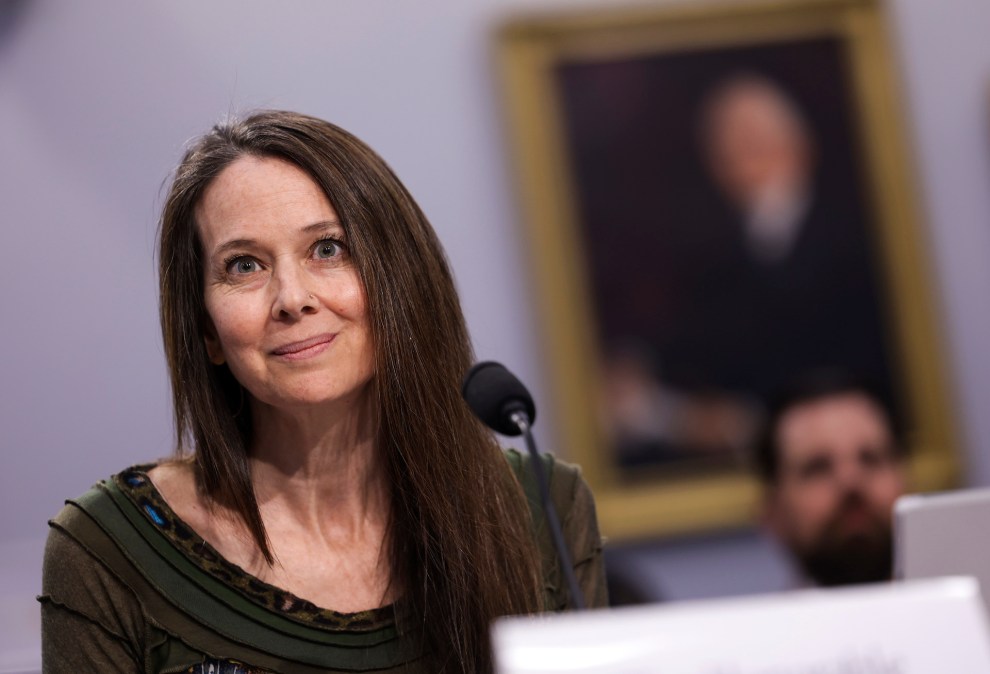CISA’s 2023 priorities include election security, corporate cyber risk

Jen Easterly, director of the Cybersecurity and Infrastructure Security Agency, said the agency’s 2023 priorities include working with state and local officials to prepare for the next presidential election and making inroads with corporate boards to improve how the C-suite manages cyber risk.
“We’re going to be laser focused over the coming year … as we prepare for the general election in 2024,” Easterly said Tuesday during a meeting with the agency’s Cybersecurity Advisory Committee, an independent body that helps guide CISA strategy.
Additionally, she said, the agency is going to zero in on “what boards and C-suite execs must do to effectively manage cybersecurity risk” through a newly launched subcommittee within the advisory committee to focus on corporate cyber responsibility.
Even though it’s only a year old, the advisory committee has become an influential voice in shaping CISA priorities. It has already held 94 meetings and made 48 recommendations. Easterly noted that CISA has accepted “virtually all” the group’s initial batch of 24 recommendations but did not provide details on every suggestion it will implement.
Two early pieces of advice included holding “what to expect” sessions on Election Day with the press and election officials as well as hiring a chief people officer, Elizabeth Kolmstetter.
In addition to helping improve board-level cyber preparedness and continuing to work on election security, Easterly said the agency will commit resources to “a talent management ecosystem and a people-first culture at CISA.”
Furthermore, Easterly also said an agency subcommittee will focus on “shaping the technology ecosystem to be both secure by design and secure by default,” as well as supporting CISA’s cyber 311 initiative and supporting so-called “target rich, resource poor” sectors such as K-12 education, hospitals, water and wastewater facilities and small businesses.
She also said CISA will continue working on the National Cybersecurity Alert system.
“While Shield’s Up … has to be the new normal for national cyber defense in order for it to be sustainable, we can’t just remain on the highest level of alert in perpetuity because that’ll wind up in vigilance fatigue,” Easterly said.
Easterly also said that they’ll roll out a public service awareness campaign later this year. “We know that this is something that’s going to need to be plain and simple and exciting and compelling to be appreciated by the American public.”






